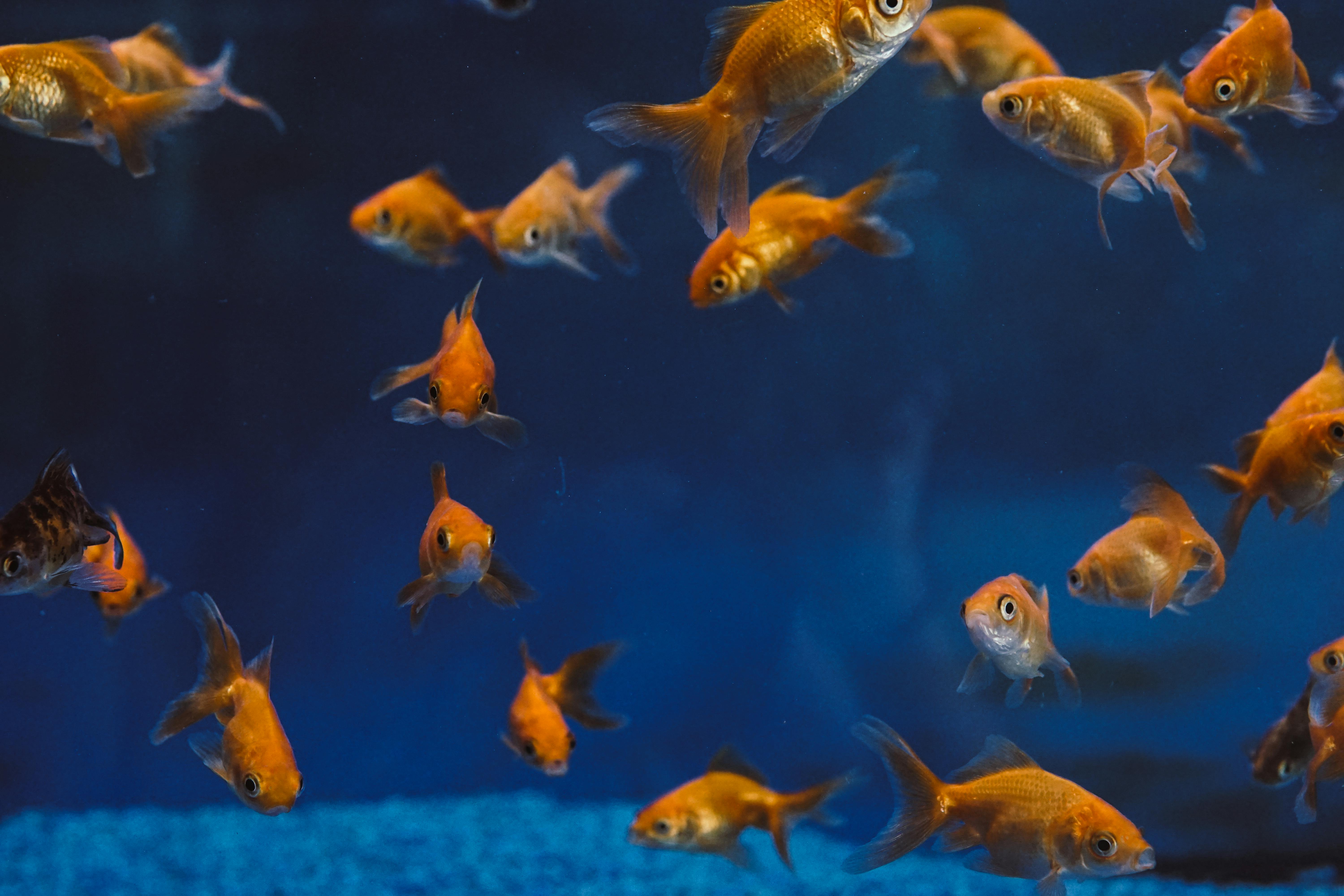
Best 5 Fish Options Cats Will Love in 2025
Understanding Feline Preferences for Fish
Cats are obligate carnivores, which means they require a protein-rich diet for optimal health. Among various protein sources, fish is a popular favorite among felines. This affinity for fish is partially due to its distinctive flavors and appealing scents. Not only do most cats enjoy the taste of fish, but it also provides essential nutrients that can benefit their overall health. These include omega fatty acids, which are known to promote a healthy coat and skin. However, it’s crucial to consider how to introduce fish into a cat's diet safely. With the growing trend in pet food, pet owners are exploring cat diets that incorporate fish in various forms. From fresh, cooked options to ready-made fish-based cat foods, the boundaries are expanding. This article will detail the best fish options that cat owners can confidently feed their feline companions in 2025, focusing on safety, nutritional value, and tips on incorporation.Top Fish Options for Cats
When selecting fish for your cat, it’s vital to choose types that are safe and nutritious. Here are the best five fish options for cats in 2025:1. Salmon: This fatty fish is well-loved by cats and packed with nutrients like omega-3 fatty acids, which are excellent for joint health and skin conditions. Due to its high fat content, it should be fed in moderation.
2. Sardines: These tiny fish are nutrient-dense and usually come canned, making them a convenient option. Sardines are rich in protein and provide essential fatty acids beneficial for a cat's heart health.
3. Tuna: Tuna is often a favored choice for cats, but it should be offered sparingly due to its higher mercury levels. Ideally, choose canned tuna packed in water without added salt for a safe treat.
4. Herring: Herring is another great source of omega fatty acids, making it a fantastic choice. It can help maintain a cat's coat while providing them with vitamin D.
5. Mackerel: Similar to salmon, mackerel is rich in nutrients and has an appealing scent for cats. This oily fish should be served cooked to eliminate any risks from parasites.
Benefits of Fish in a Cat's Diet
Incorporating fish into your cat's diet can bring numerous benefits to their health. Fish is a rich source of protein, which is vital for muscle development and overall bodily function. With its high levels of omega-3 fatty acids, fish also contributes significantly to a cat's skin and coat health, preventing dryness and promoting shine. Moreover, the amino acids found in fish support healthy organ function, making it a beneficial option alongside traditional meat sources. Fish also serves as an excellent treat that can enhance a cat's dining experience and help in the prevention of boredom in meals. However, it is important to balance fish consumption with an overall diet that includes other proteins.Feeding Cats Fish: Best Practices
How to Introduce Fish Into Your Cat's Diet
Introducing fish to a cat's diet should be done gradually to monitor for any adverse reactions, including allergies. A good start is to offer small amounts of cooked fish, ensuring that bones are removed to avoid choking hazards. Begin by mixing a small portion of fish with their regular food, gradually increasing the ratio if they show a positive reaction.Additionally, vary the types of fish to keep your cat engaged and satisfied. Always use fresh or high-quality canned fish to avoid preservatives or additives that can cause gastrointestinal distress. Engaging with your vet about introducing fish into your cat's diet will further ensure safety and dietary suitability.
Safe Cooking Methods for Fish
When preparing fish for your cat, it is crucial to choose safe cooking methods. Boiling or steaming is the best way to cook fish without adding harmful oils or seasonings. Avoid frying or using any spices, as salt and other seasonings can be harmful to cats. Always ensure the fish is thoroughly cooked, as raw fish may contain parasites harmful to feline health.Potential Risks and Allergies to Consider
As much as fish can be an enjoyable and nutritious component of a cat's diet, it is not without potential risks. Some cats may develop allergies to fish protein, indicated by symptoms such as skin irritation, gastrointestinal upset, or changes in behavior. Regularly monitor your cat after introducing new fish and consult your veterinarian if you notice any unusual reactions. Furthermore, some fish, like tuna, may contain high mercury levels, particularly if fed excessively. This emphasizes the need for moderation and variety.Exploring Fish-Based Cat Treats
Top Fish-Flavored Cat Treats
In addition to regular meals, cat treats can also include fish for added delight. Popular options include tempting treats infused with fish flavor, often designed to promote dental health or serve as a training incentive. Notable mentions are fish-based treats from brands like Temptations, which cats often cannot resist.Making Homemade Fish Treats
Making homemade fish treats for cats can be a rewarding experience. Simple recipes can include pureed canned salmon mixed with a cat-friendly flour base and formed into bite-sized pieces. Allow for baking or refrigeration to create a delicious snack that honors the cat’s love for fish and maintains nutritional integrity.Integrating Fish Oil Supplements.
Incorporating fish oil supplements into a cat’s diet can enhance health benefits, providing an easy way to improve coat quality and joint health. Always consult with a veterinarian for proper dosage to avoid any complications, as too much fish oil can lead to gastrointestinal upset.Conclusion: Promoting a Healthy Fish Diet for Cats
Cats showcasing a penchant for fish are not uncommon, and integrating fish into their diets can bring a plethora of benefits. As you discover the best fish options for your feline friend, keep in mind the dietary needs, preferences, and potential allergies.The Importance of Variety in Diets
Balancing fish with other protein sources while providing a variety of flavors will promote a healthy relationship with food. Engaging with your veterinarian periodically about dietary choices will ensure your cat remains healthy and happy. Understanding their behavior around fish can further guide you to make informed feeding choices.
